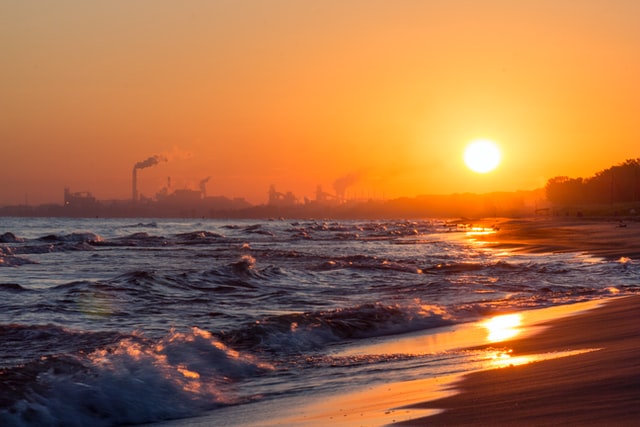
Humans are causing widespread damage to the ocean and threatening our own health, a new report suggests
An international team of researchers finds that our oceans are being fouled by a complex stew of toxins including mercury, pesticides, industrial chemicals, petroleum wastes, agricultural runoff, and chemicals embedded in plastic.
“These toxic materials in the ocean get into people, mainly by eating contaminated seafood” says Prof. Philip Landrigan, author of the study.
“Many countries have used these tools and have successfully cleaned fouled harbours, rejuvenated estuaries, and restored coral reefs. The results have been increased tourism, restored fisheries, improved human health, and economic growth. These benefits will last for centuries,” he notes.

The authors of the study make a series of recommendations to help reverse the current harm the oceans are undergoing:
- Preventing mercury pollution by stopping the combustion of coal and controlling the use of mercury in gold mining
- A global ban on single-use plastics
- Improving waste management to enable more recycling of plastics
- Reducing the release of pollutants into coastal waters and rivers from intensive agriculture and sewerage facilities
- Creating Marine Protected Areas to reduce the trawling of fragile fish stocks and the knock-on damage to marine ecosystems
- Improving the monitoring of ocean pollution
- Ensuring all countries have marine pollution control programs
The authors also recommend transitioning to a circular economic model, moving away from a model based on continuous growth and the consequent exhaustion of the planet’s resources.

The key thing to realise about ocean pollution is that, like all forms of pollution, it can be prevented using laws, policies, technology, and enforcement actions that target the most important pollution sources
Prof. Philip Landrigan, author of the study and the Director of the Global Pollution Observatory at Boston College, Massachusetts